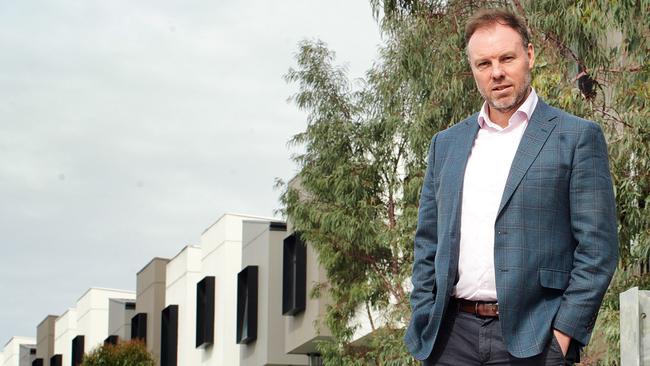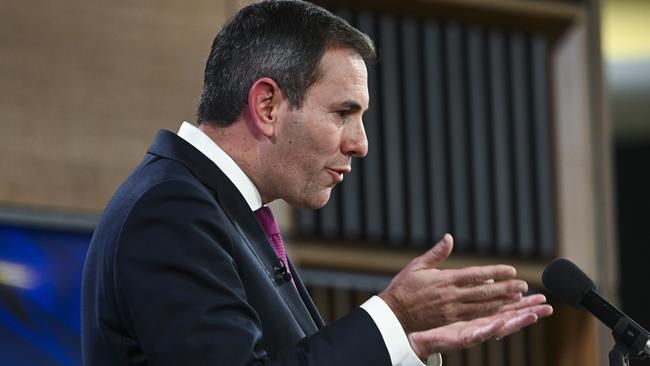Michael Brennan: make affluent local councils pay for 1.2 million homes target
Outgoing Productivity Commission chair Michael Brennan says states must make wealthy local councils contribute to the cost of meeting the nation’s 1.2 million new homes target.

Meeting the nation’s ambitious 1.2 million new homes target will require states to penalise wealthy local councils that refuse to accommodate larger populations, outgoing Productivity Commission chair Michael Brennan says.
Revealing he will take up a new role as the chief executive of the e61 economic research institute in September, Mr Brennan told The Australian he wanted to make a “strong contribution to the housing debate”.
Achieving the 1.2 million new homes target would depend on a shake-up of the way state governments incentivised change at the local level. He said “relatively affluent” councils that resisted new housing should be forced to contribute to infrastructure costs for developments in other municipalities.
“The states are probably going to have to incentivise their local councils. I think that’s where the biggest disconnect has been around the target of 1.2 million new dwellings,” he said.
“I think there should be a fiscal dimension. If some municipalities don’t really want to have much population growth … then, to some extent, they need to help fund the cost of the infrastructure and other things that are going on where the growth is happening.”
Mr Brennan warned a lot of the strain was falling to councils on the urban fringe “who have to bear the brunt of the new growth” and some inner city councils where there was a “greater preparedness for higher density”.

The proposal comes after the Albanese government agreed to a new $3bn fund to incentivise the construction of an additional 200,000 homes, (over and above its target of one million new homes by 2029), and an ongoing Senate impasse over the passage of its $10bn affordable housing package.
While Mr Brennan warned the Greens’ proposal for a two-year freeze on rent increases would exacerbate the supply problem, he acknowledged the rental market was where the “supply/demand imbalance hits home most”. A failure to free-up more supply would be “most acutely felt in the rental market”, raising the prospect of further increases to Commonwealth Rent Assistance over time.
After five years of heading up the nation’s premier economic advisory body, Mr Brennan said his objective at e61 would be to influence policy outcomes on the key productivity, competition and structural economic reforms of the future.
The nonpartisan research institute was founded in March 2021 by Greg Kaplan, a professor of economics at the University of Chicago, and Andrew Charlton, who has since left the institute to become a Labor MP for the seat of Parramatta in Western Sydney.
Mr Brennan said there was a need for a more considered debate on a confluence of challenges facing Australia, including supply chain concerns, decarbonisation, the “big change” in US policy heralded by the Inflation Reduction Act and the “peculiar challenge of having our largest trading partner as something other than a strategic ally”.

But he strongly defended the Productivity Commission from accusations it was out of touch and rooted in the mindset of the 1980s and 1990s, arguing a rethink of policy instincts in response to a transforming global economy did not mean you “throw the baby out with the bathwater”.
This was evident in both the energy and industry policy debates, with Mr Brennan warning it would be a mistake to “mimic” the IRA and arguing that the government’s $12 per gigajoule gas price cap would be hard to “unwind”.
With Jim Chalmers unveiling a plan to reshape and modernise the Productivity Commission, Mr Brennan said the advisory body should retain its role as a “counterweight to some of the more extreme enthusiasms about where industry policy could potentially go”.






To join the conversation, please log in. Don't have an account? Register
Join the conversation, you are commenting as Logout